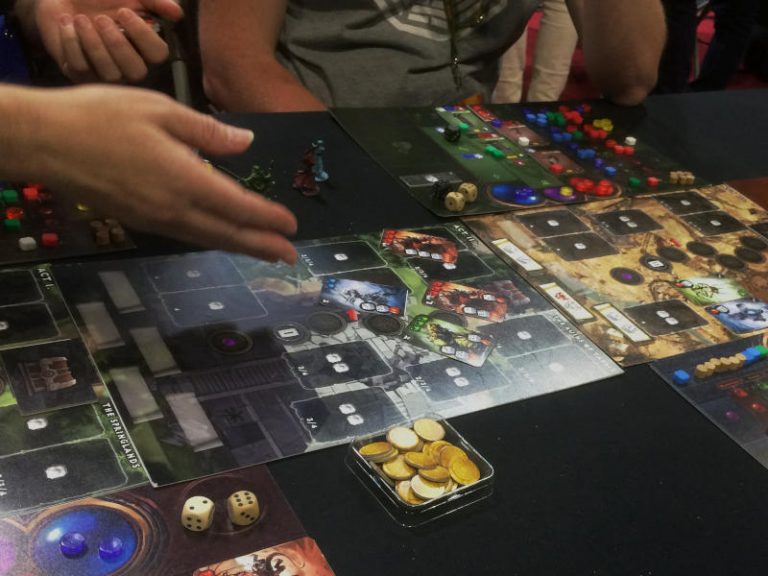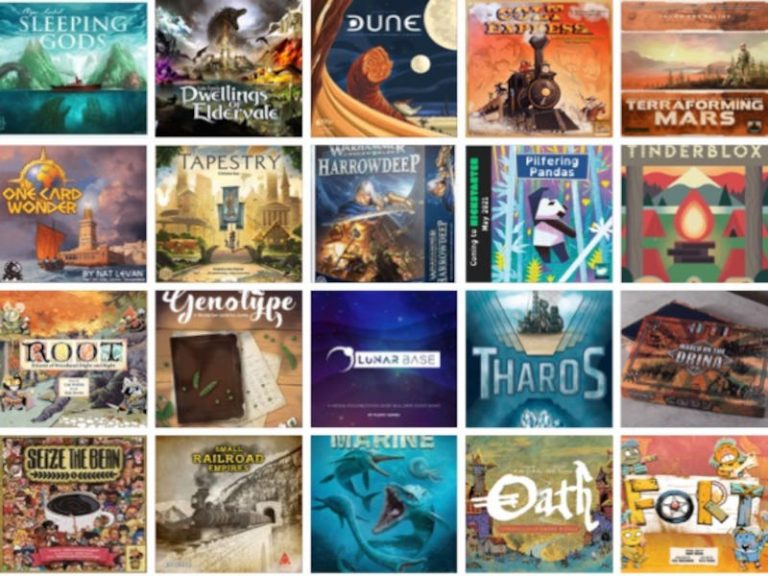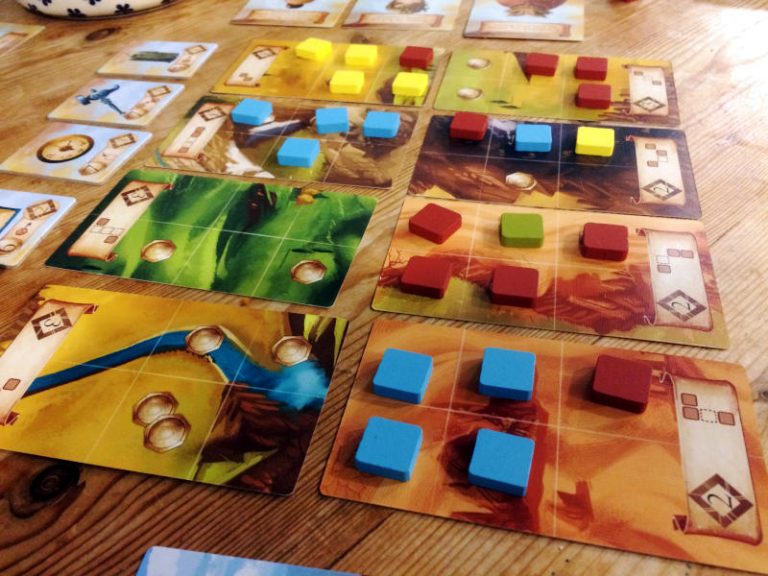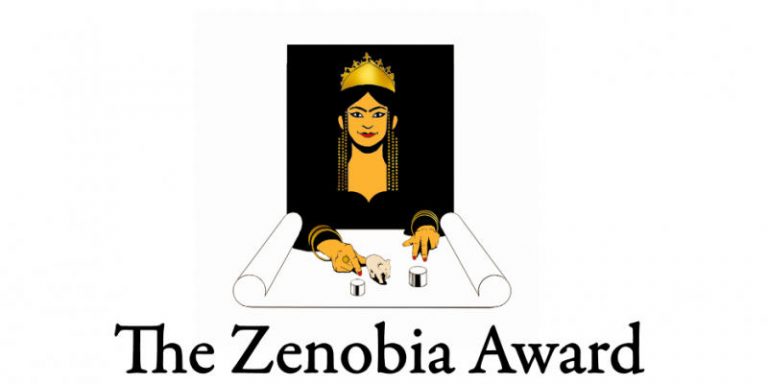Teaching games – teach-as-you-go (Topic Discussion)
I have mentioned it on this blog before, but my favourite way of being taught a new game is by diving right in. Teach me only the absolute minimum, just so I roughly know what sort of game we're playing and get an outline of what I'm trying to achieve and then let me start taking my turn. It's the sort of style of teaching that Paul Grogan of Gaming Rules advocates and it's probably the best option for demoing a game at a convention as well.











